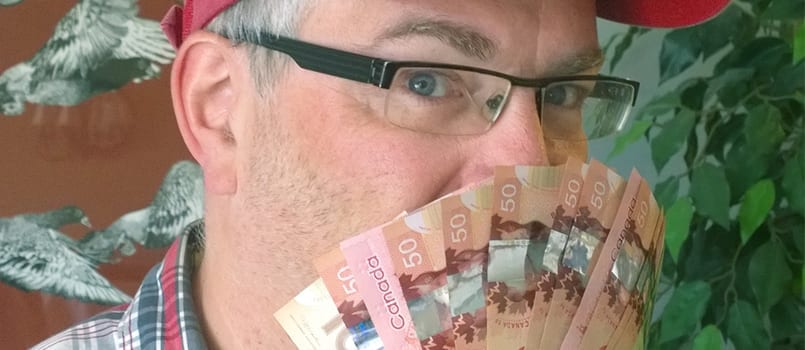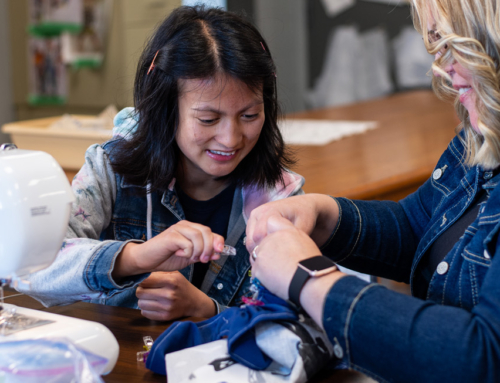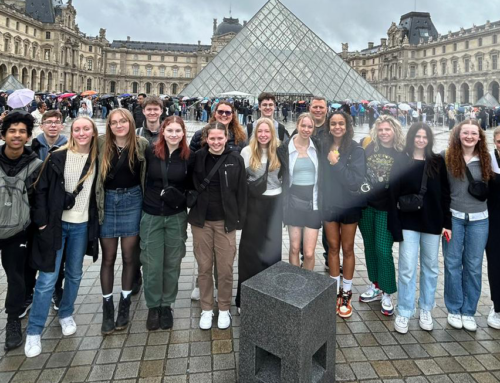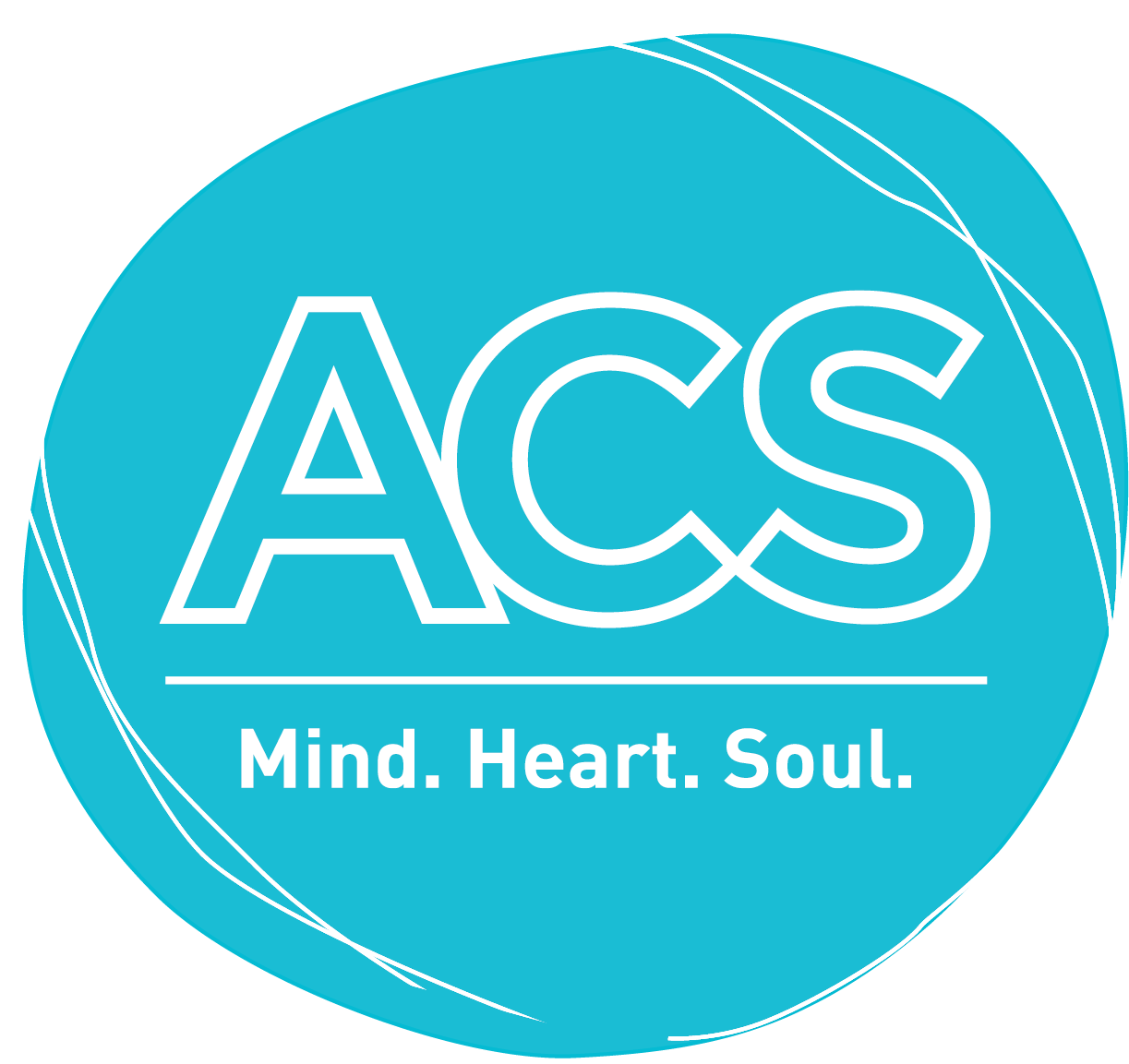What if we measured wealth in something other than money and material possessions?
The grade 9 Humanities classes went on a field trip to the Museum of Anthropology on the UBC campus in Vancouver. It was a valuable experience as we began our study of First Nations cultures in Canada. One of the things that stood out for me is how wealth was measured in the cultures of the coastal First Nations cultures.
When we study other cultures in a Christian school such as ours, one of the questions we ask is, “What did/does this culture get right?” Right in the sense of being faithful to God’s purpose for humanity as they live with each other in the world. We expect to find expressions of faithfulness in other cultures because we take seriously the declaration found in Romans 2:15—God’s expectations for human beings are written on the hearts of all people.
There was no money in the coastal First Nations societies, no gold or jewels either. Cedar was an important commodity—the most important—but everyone had access to all the cedar they wanted. It literally “grew on trees.” It’s pretty easy to see why wealth wasn’t defined in material terms.
Our tour guide explained that for the coastal First Nation’s wealth was in stories. The more stories a person had, the wealthier he was.
If you shared a story with me, it wasn’t my story, unless you gave me permission to tell others this story. If I received permission to tell this story, my wealth would increase. It got me thinking. Which is a better and truer—more biblical—understanding of wealth? In our culture, you only have wealth if you hold onto it. But a story isn’t a story unless you have someone to tell it to. A story doesn’t exist until you give it away. Generosity is built right into the Coastal First Nations concept of wealth. There’s something very beautiful in that.






WHAT DO YOU THINK?